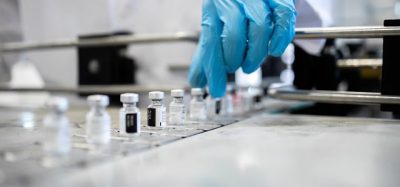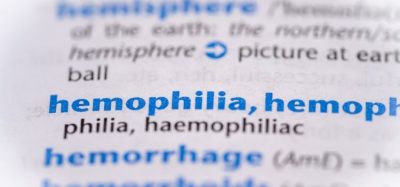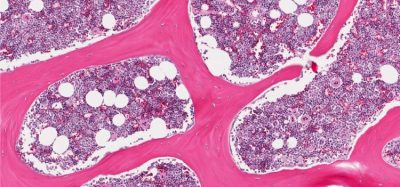UK research consortium given £2 million to control monkeypox
Posted: 24 October 2022 | Catherine Eckford (European Pharmaceutical Review) | No comments yet
£2 million will help fund a UK team of scientific experts to research monkeypox, uncover novel treatments and curb the spread of the virus.


A new UK research consortium will lead the way in overcoming the monkeypox pandemic with £2 million of funding from The Biotechnology and Biosciences Research Council (BBSRC) and the Medical Research Council (MRC), both part of UK Research and Innovation (UKRI).
The financial aid will support the group to develop better diagnostic tests, determine potential therapies, as well as study vaccine effectiveness and the virus’ spread. Those involved will work with experts at government agencies to assess the existing outbreak and decide on an appropriate public health response.
The Pirbright Institute and the MRC-University of Glasgow Centre for Virus Research are to lead the consortium, which connects 25 leading industry experts from 12 UK institutions.
“Monkeypox is a public health challenge so… by bringing together research expertise in different areas, we will learn more about how the virus works and spreads and provide foundations for the development of potential new treatments,” explained Professor Massimo Palmarini, co-lead from the MRC-University of Glasgow Centre for Virus Research.
The consortium will focus on building an understanding of the virus by developing new tests and finding potential control measures including:
- Sensitive point-of-care tests to speed up diagnosis, such as lateral flow tests or loop-mediated isothermal amplification (LAMP) tests. Global Access Diagnostics (GADx) will develop lateral flow tests that can be produced in large quantities for distribution worldwide, including to low or middle-income countries
- Analysing how the virus infects humans and its susceptibility to the immune response
- Screening potential monkeypox drug targets in human cells in the lab for future therapies.
Professor Bryan Charleston, co-lead from The Pirbright Institute stated a significant way to prepare for future outbreaks of the infection is to create rapid tests to help clinicians manage the disease.
As part of research into the virus, experts will:
- Characterise the virus genome to figure out how it is evolving, particularly how it the genome affects changes to the virus’ transmission and pathology
- Study samples from infected individuals to understand the human immune response to the virus and the vaccine
- Identify animal reservoirs and likely transmission spill-over routes between animals and humans.
Additionally, scientists will analyse the effectiveness of the smallpox vaccine by tracking the immune responses after first and second vaccine doses in up to 200 individuals.
Consortium members include researchers from: Animal and Plant Health Agency, Dstl, Gadx, Guy’s and St. Thomas NHS Foundation Trust, Imperial College London, MRC-University of Glasgow Centre for Virus Research, The Pirbright Institute, UK Health Security Agency, University of Birmingham, University of Cambridge, University of Edinburgh, University of Oxford and University of Surrey.
Professor Isabel Oliver, UKHSA Chief Scientific Officer shared: “Thanks to the combined efforts of partners there is very high awareness of the disease. The research is vital and will put us in an even stronger position to quickly detect [monkeypox] cases and better understand the transmission of the virus.”
Related topics
Biologics, Biopharmaceuticals, Drug Development, Drug Safety, Drug Targets, Regulation & Legislation, Research & Development (R&D), Therapeutics, Vaccines, Viruses
Related organisations
Animal and Plant Health Agency, Dstl, Gadx, Guy’s and St. Thomas NHS Foundation Trust, Imperial College London, Medical Research Council (MRC), The Biotechnology and Biosciences Research Council (BBSRC), The Pirbright Institute, UK Health Security Agency, University of Birmingham, University of Cambridge, University of Edinburgh, University of Glasgow Centre for Virus Research, University of Oxford, University of Surrey









